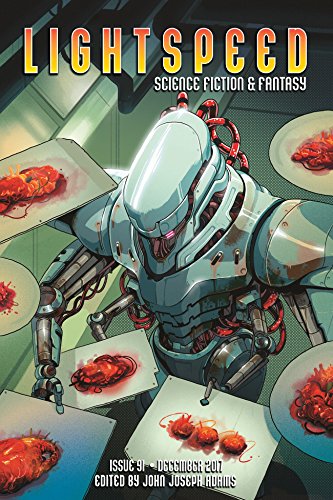An artist responds to current trends in politics, culture, assassination, and technology
I’ve been a man of few words lately. For the past year I’ve been much more interested in images, which have some advantages over opinions. While opinions are often clutched fiercely and yelled loudly, images can be more subtle and persuasive. Perhaps the highest types of images have no prosaic meaning, express no opinions, but simply reflect something deep about the nature of the universe.
Popular art is less lofty, but still retains the benefit of being open to interpretation. My parodies of propaganda posters (below) are really not limited to poking fun at Russia. One prose meaning to be gleaned is that authoritarianism and totalitarianism are not unknown in the Era of Trump. These tendencies are found in every society, and correspond to something dark in human nature.
Likewise, the tendency to manipulate people by gathering detailed information about them is not limited to, say, the old East German Stasi. Randy Newman may never have written a song about the Privacy Policies you find on corporate web sites, but “if you paid attention, you’d be worried too.” The unholy alliance between technology and snooping has been a theme of science fiction for at least 60 years. A classic 1963 episode of The Outer Limits titled “O.B.I.T.” comprises a dark, expressive televisual essay on the subject.
Nor is credulous techno-utopianism confined to emerging nations. There are segments of my own country, America, which are obsessed with tracking the latest releases of iPhones or nVidia graphics cards, as if these things would change the face of human civilization. But Materialism 2.0 is really not much different than 1.x.












